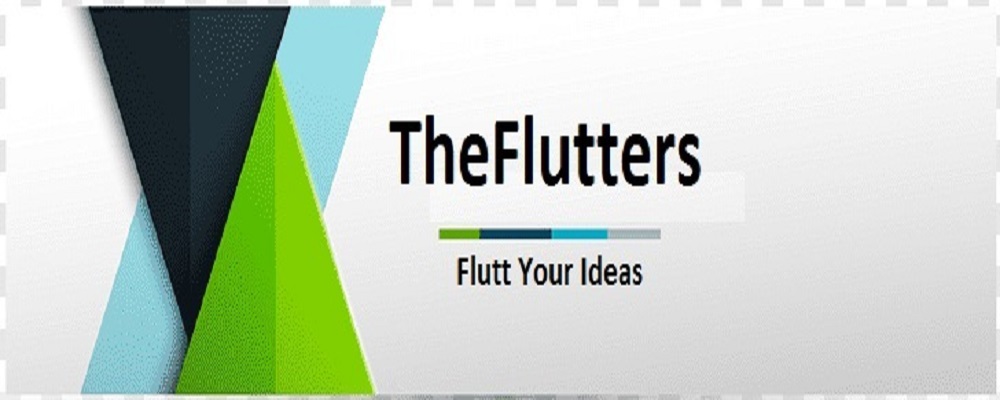A recent special city council meeting was called in Vanceburg, KY for the purposes of determining how the city will handle escalating costs for employee health insurance. One of the suggestions offered by the city council involves doubling the city’s payroll tax with the goal of raising revenues by $240,000 annually.
Meanwhile, Dallas-based BenefitMall continues serving its customers nationwide with payroll tax and ACA compliance services. They continue to manage payroll tax accounts, make tax payments, and ensure their clients are fully compliant with federal health insurance mandates.
Even though the total volume of payroll BenefitMall processes on a monthly basis dwarfs Vanceburg’s payroll, the two have something in common: payroll taxes have to be collected and paid. In Vanceburg’s case though, they have an additional problem. The amount of money they are collecting in local payroll taxes is barely enough to pay the bills. Their situation is really a microcosm of a much larger payroll tax problem nationwide.
What Payroll Taxes Cover
BenefitMall explains that payroll taxes cover a variety government functions, depending on who collects it. At the federal level, payroll taxes cover Social Security and Medicare expenses. At the state and local levels, they could fund just about anything. Vanceburg collects payroll taxes to fund the health insurance benefits of city employees. Anyone who works inside city limits pays the tax.
The most important aspect of payroll taxes is that they are not a tax on productivity. They are a tax on activity. There is a significant difference. Sales tax is a tax on productivity that is paid as a result of some sort of economic activity that produces a tangible benefit. The sales tax is partially funded by the wealth creation mechanism inherent to the concept of productivity.
Payroll taxes are just the opposite. Payroll taxes are collected irrespective of whether a person’s individual employment produces a tangible economic benefit. In the case of government employees, their activities do not generate anything tangible. Government employees do not produce anything that can be sold in the marketplace. Therefore, a payroll tax is a tax only on their activity rather than their productivity. As such, it is not supported by any direct economic benefit. Why does this matter? Because payroll taxes take money away from other things without replacing it with some other beneficial economic activity.
Payroll Taxes Are a Strain on Employers
Employers spend an awful lot of money just to stay in business. They pay wages and benefits to employees; they pay for the equipment and supplies necessary for day-to-day operations; they pay for the marketing services vital to reaching new customers. Yet of all the costs that go into running a business, payroll taxes are probably the biggest source of financial strain.
Unfortunately, there is no getting around the reality payroll taxes. They have to be collected and paid on time. What’s more, employers have to collect and pay both portions of the taxes. There is the employee portion and the matching employer portion, at least at the federal level. Many states and some municipalities also assess payroll taxes on employers.
Payroll taxes are not going away, so there’s no point in fighting them. Instead, employers need to do whatever is necessary to make sure the taxes are collected and paid on time. More and more businesses are turning to third-party small business payroll providers like BenefitMall to get the job done. A competent payroll provider will make sure tax accounts are always funded. They will generate reports, file tax returns, and ensure that payments are made according to schedule.





